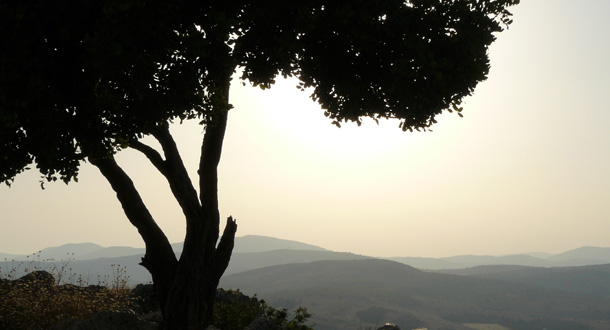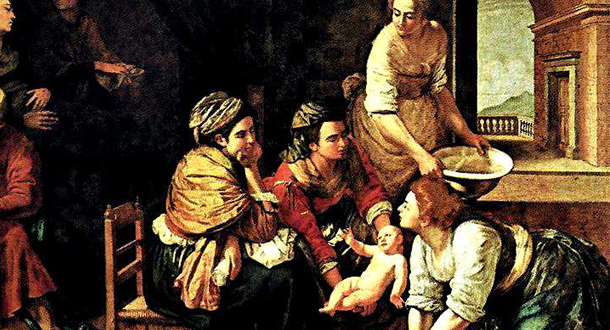 Scripture:
Scripture:
2 Kings 22:8-13; 23:1-3
Matthew 7:15-20
Reflection:
“Just so, every good tree bears good fruit, and a rotten tree bears bad fruit. A good tree cannot bear bad fruit, nor can a rotten tree bear good fruit. Every tree that does not bear good fruit will be cut down and thrown into the fire. So by their fruits you will know them.”
These words of Jesus in today’s gospel are relevant for our reflection today, especially during “watermelon thumping” season! Every time I go to the grocery lately I come across a large box of watermelons for sale. Invariably there are a number of people surrounding the box and all of them are “thumping” the melons to determine which ones are worthy of their summer picnic! They all are trying to identify the “good fruit” Jesus refers to in today’s gospel.
Good fruit isn’t easy to find these days, especially when we consider what is happening in our world! Many of us feel devastated as we see and hear children being taken from the arms of their parents along the U.S. border. We are discouraged as we see families being put in chain link cages just because they are trying to seek a better life. No matter who is responsible, this is definitely “bad fruit”. The spiritual writer Richard Rohr describes “good fruit” for us.
“God calls us to protect and seek justice for those who are poor and vulnerable, and our treatment of people who are “oppressed,” “strangers,” “outsiders,” or otherwise considered “marginal” is a test of our relationship to God, who made us all equal in divine dignity and love.” This quote from Rohr seems like a good way to find the good fruit and “thump the watermelon” of today’s current events! Jesus is so convinced about finding the good fruit He repeats it twice in Matthew’s gospel.
“By their fruits you will know them.” Let’s think about our “thumping” today. How do we find the “good fruit” in our world?
Terry McDevitt, Ph.D. is a member of our Passionist Family in Louisville, Kentucky.

 Scripture:
Scripture:
 Scripture:
Scripture: Scripture:
Scripture: Scripture:
Scripture: Scripture:
Scripture: Scripture:
Scripture: